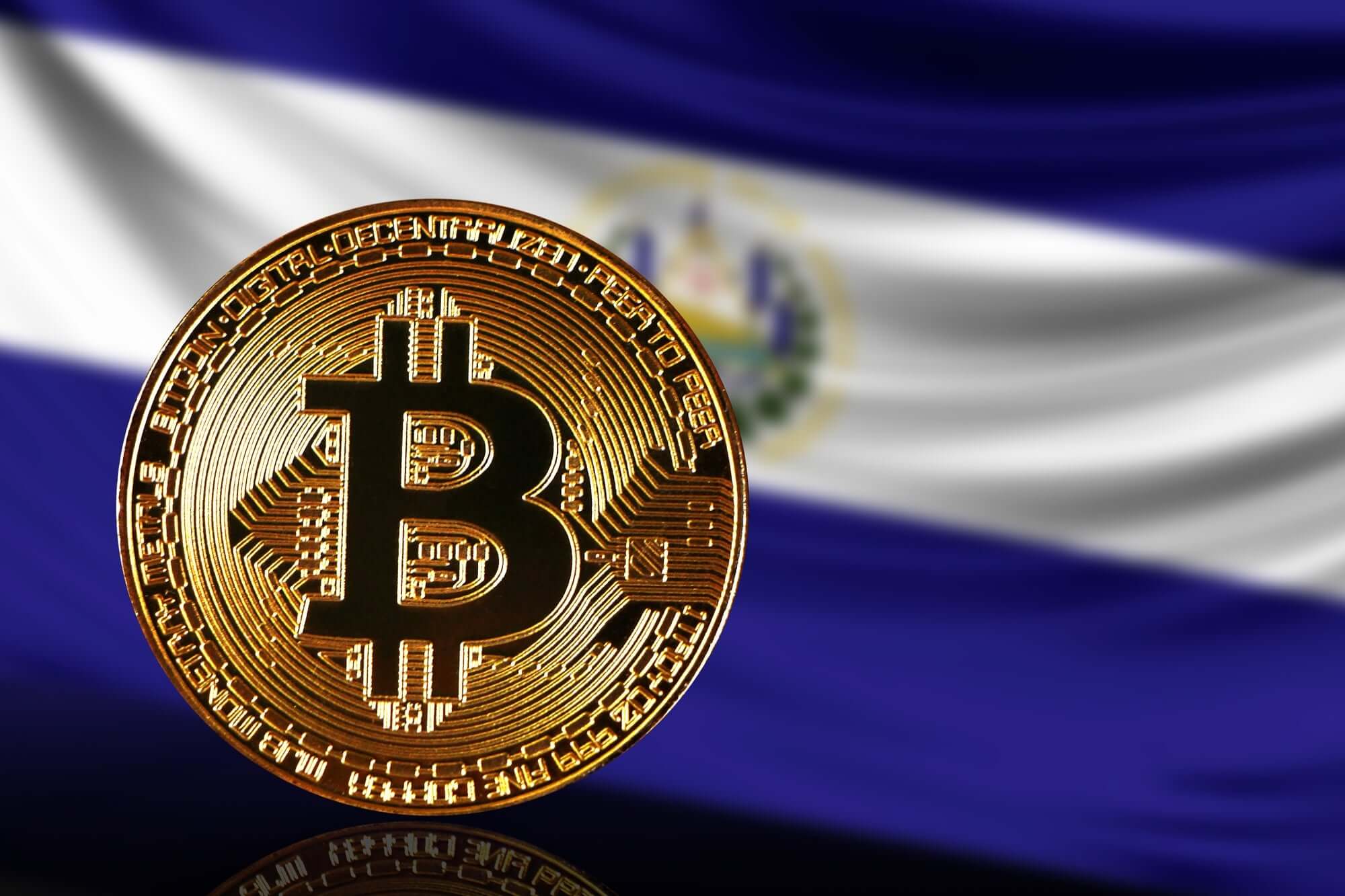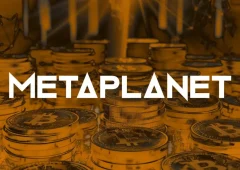El Salvador Stands Firm on Bitcoin Strategy Despite IMF Restrictions
05.03.2025 19:00 2 min. read Kosta Gushterov
El Salvador’s President, Nayib Bukele, has boldly reaffirmed his country's unwavering commitment to its Bitcoin initiative despite external pressure from the International Monetary Fund (IMF).
The IMF, in a $3.5 billion financing agreement, imposed restrictions on Bitcoin purchases, aiming to limit the government’s involvement with the cryptocurrency. However, Bukele has made it clear that the government will continue to acquire Bitcoin as part of its long-term strategy, dismissing any attempts to stop the purchases.
In recent weeks, El Salvador has continued adding to its Bitcoin reserves, now holding over 6,100 BTC, worth roughly $530 million. This acquisition strategy has been ongoing since November 2022, and even with the IMF deal in place, the government remains undeterred in its stance.
The IMF deal also includes a set of regulatory measures, such as requiring the publication of Bitcoin wallet addresses and audited statements for crypto-related government entities. El Salvador must also liquidate the Fidebitcoin trust fund by mid-2025 and scale back its involvement with the Chivo Wallet platform.
While Bitcoin remains central to El Salvador’s financial vision, the government is also looking beyond crypto. Bukele is exploring new economic avenues, including discussions with major investors about artificial intelligence (AI), aiming to position the country as a hub for innovation in Latin America. Despite IMF conditions, El Salvador is charting a path focused on both cryptocurrency adoption and broader technological development.
-
1
Bitcoin Price Hits Record Highs as Exchange Balances Plunge
12.07.2025 19:00 2 min. read -
2
Robert Kiyosaki Reacts to Bitcoin’s Surge Past $120K: “I’m Buying One More”
14.07.2025 17:00 1 min. read -
3
Over $5.8 Billion in Ethereum and Bitcoin Options Expired Today: What to Expect?
18.07.2025 16:00 2 min. read -
4
Has BTC Topped? Key Signals Suggest The Rally isn’t Over
15.07.2025 21:00 2 min. read -
5
Analysis Firm Explains Why Bitcoin’s Breakout Looks Different This Time
11.07.2025 15:15 2 min. read
Here is How Much Bitcoin Should Cost to Surpass Amazon, Apple, and Gold
As Bitcoin continues its steady ascent in 2025, comparisons with the world’s largest assets are once again gaining traction.
Bitcoin Stalls Below $120K as Markets Signal Late-Cycle Fatigue, Says QCP Capital
Bitcoin is treading water near the $120,000 resistance, with persistent bids around $116,000 offering a firm base—but failing to ignite fresh upside momentum.
Strategy Adds 21,021 Bitcoin at $117,000, Pushing Total Holdings Past $46 Billion
Michael Saylor, executive chairman of Strategy, has revealed that the company has acquired an additional 21,021 Bitcoin for approximately $2.46 billion, paying an average price of $117,256 per BTC.
Bitcoin Funding Rates Stay Elevated—Rally Ahead or Shakeout Coming?
As Bitcoin continues to consolidate above $100K, a critical market signal is flashing: BTC funding rates remain elevated, even as price action cools.
-
1
Bitcoin Price Hits Record Highs as Exchange Balances Plunge
12.07.2025 19:00 2 min. read -
2
Robert Kiyosaki Reacts to Bitcoin’s Surge Past $120K: “I’m Buying One More”
14.07.2025 17:00 1 min. read -
3
Over $5.8 Billion in Ethereum and Bitcoin Options Expired Today: What to Expect?
18.07.2025 16:00 2 min. read -
4
Has BTC Topped? Key Signals Suggest The Rally isn’t Over
15.07.2025 21:00 2 min. read -
5
Analysis Firm Explains Why Bitcoin’s Breakout Looks Different This Time
11.07.2025 15:15 2 min. read


